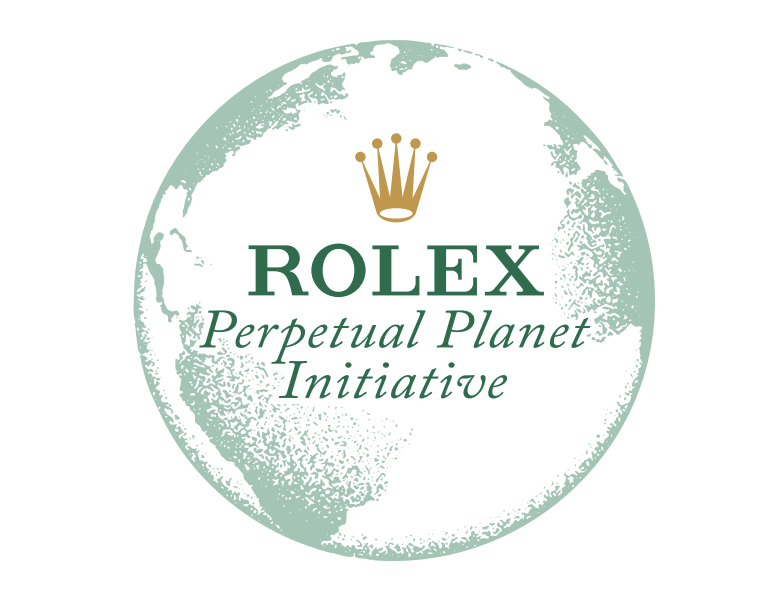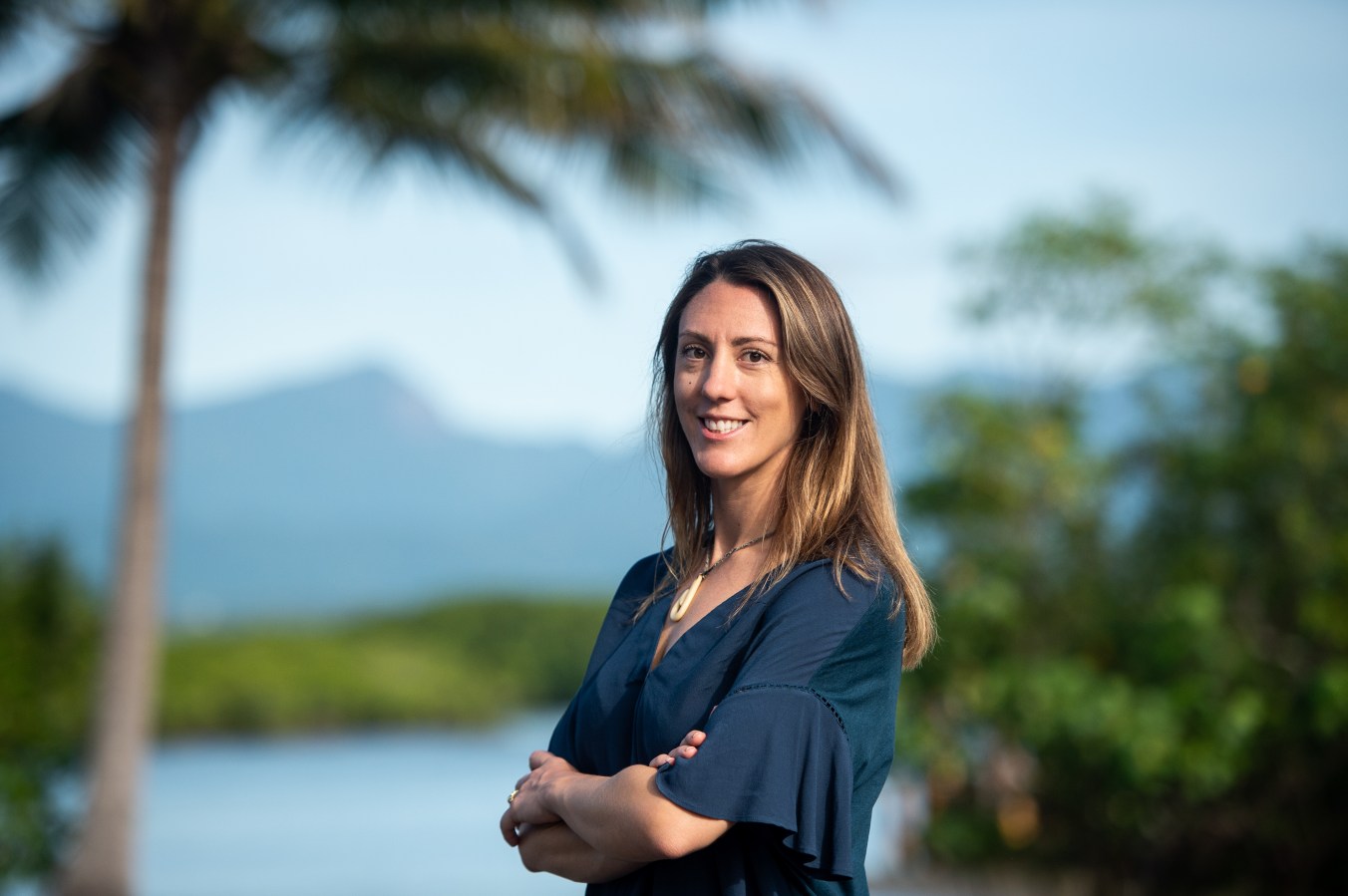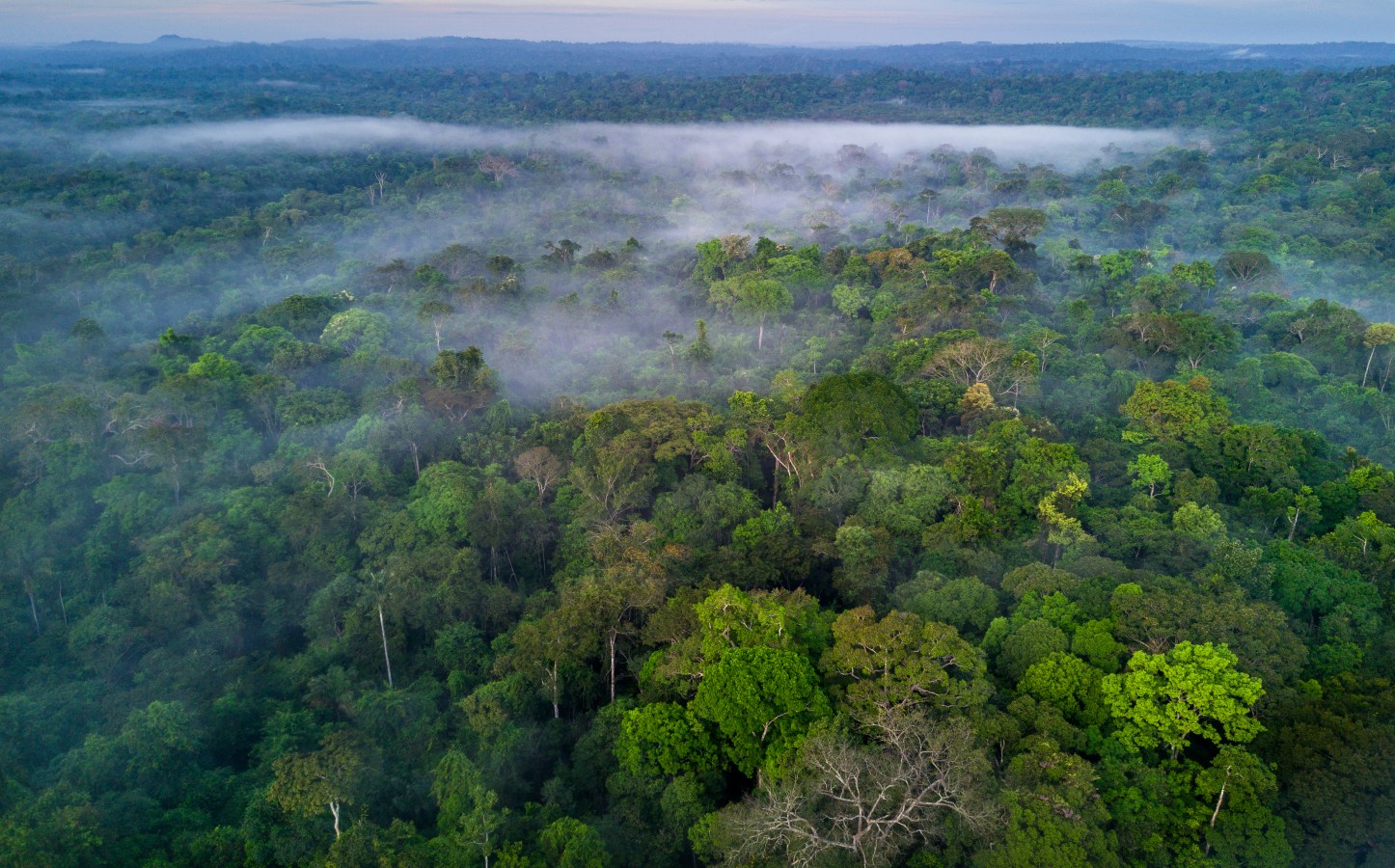Felix Brooks-church has taken a simple 23-kilogram machine and turned it into a lifeline for millions. Backed by Rolex through the Perpetual Planet Initiative, his Dosifier is now operating in thousands of mills across East Africa, cutting the cost of fortification to just 19 cents per person.
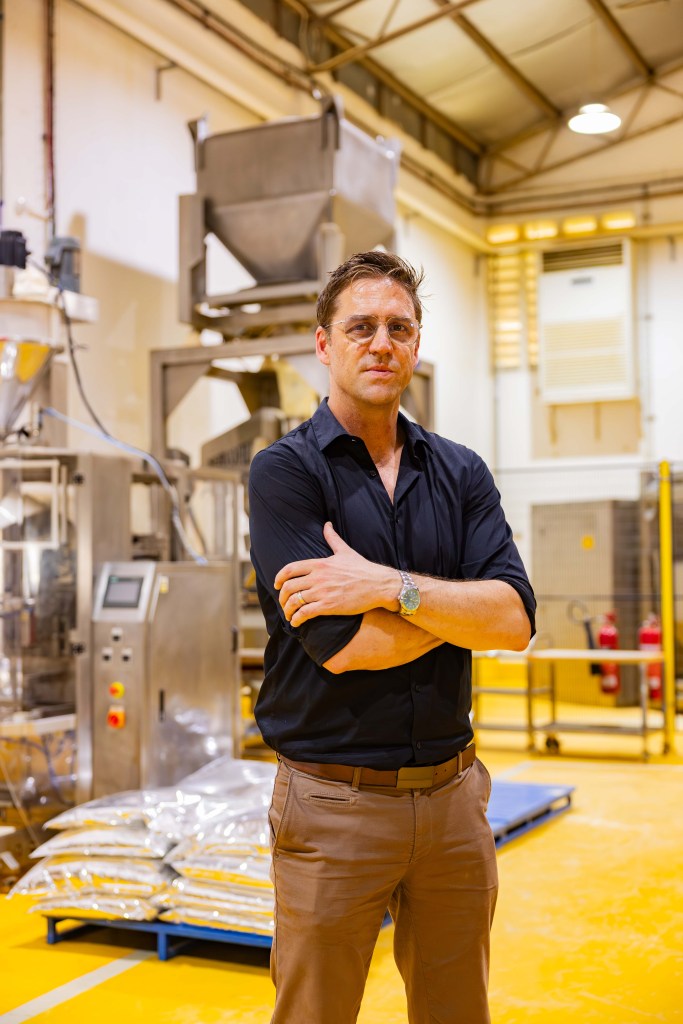
Felix Brooks-church doesn’t pack a suitcase anymore. He keeps one by the door, ready to go. “I live in two worlds,” he says. “My family is here in Australia, but my work is in East Africa.” That work now reaches more than 25 million people every day.
The Sydney resident is the co-founder of Sanku, a social enterprise that quietly built one of the most effective nutrition interventions in the world. At the centre of it is a machine called the Dosifier, a small, robust device that adds life-saving vitamins and minerals into flour during the milling process.
Sanku works with small rural mills, to ensure fortified flour reaches the people most at-risk. The Dosifier is now operating in thousands of sites across East Africa. By 2030, Sanku is aiming to feed 100 million people daily.
“We’re now reaching 25 million people across all of East Africa. And what seemed impossible 10 years ago now feels completely within reach,” Brooks-church tells Forbes Australia.
He says he never set out to be a food systems expert. His path began nearly 20 years ago in Cambodia, working with street kids in the coastal town of Sihanoukville.
“We offered them a safe space, a place where they could be protected, get some education, first aid, nutritious meals,” he says. “That was my first face-to-face experience with malnutrition.”
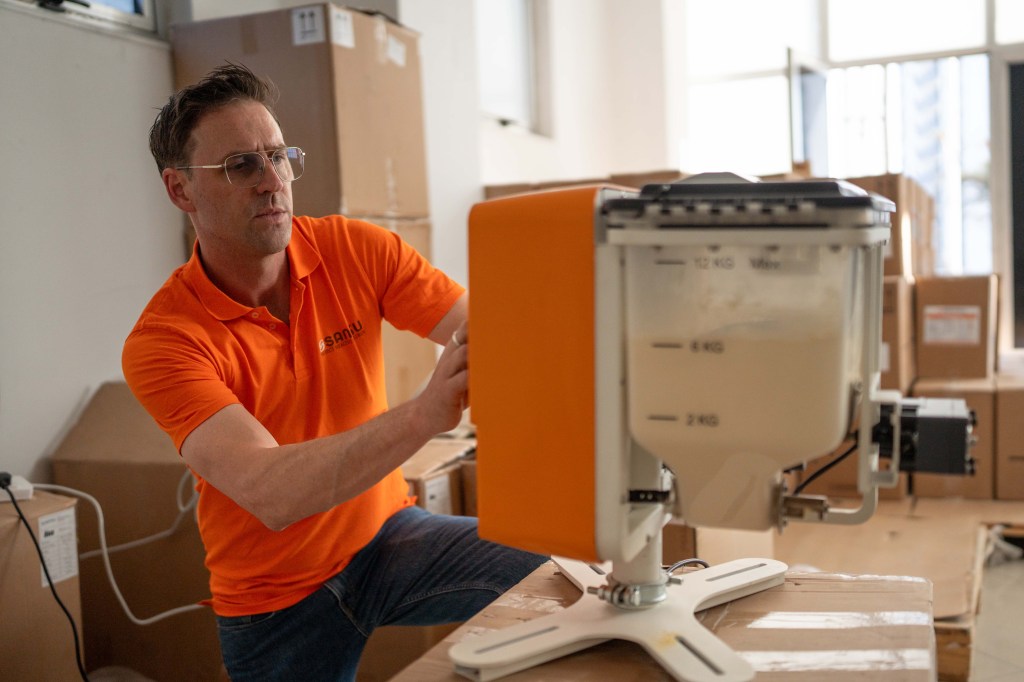
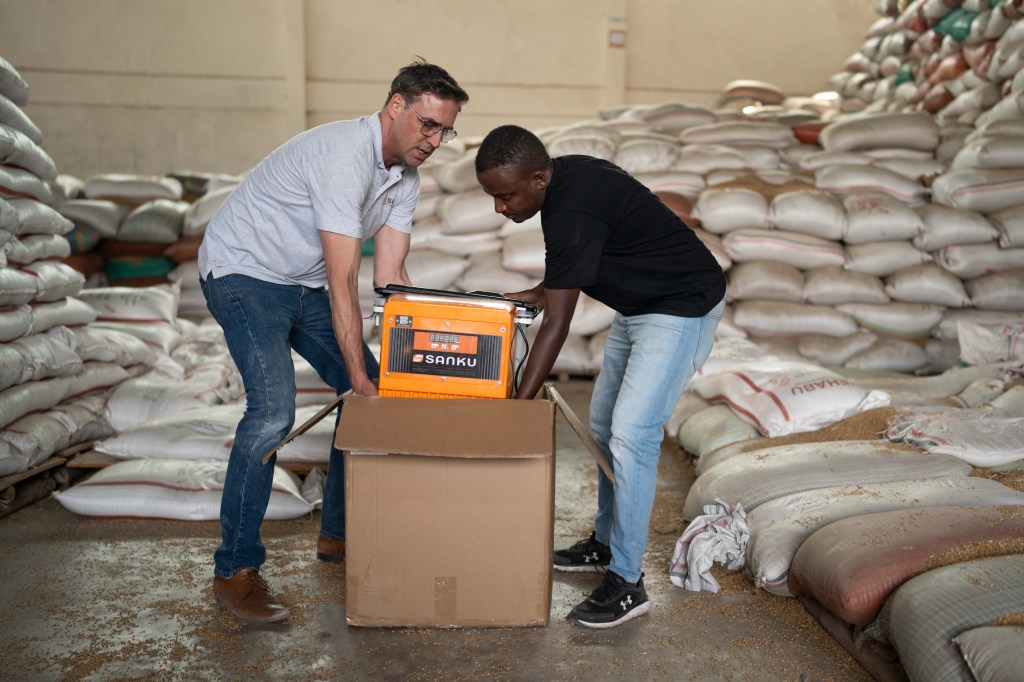
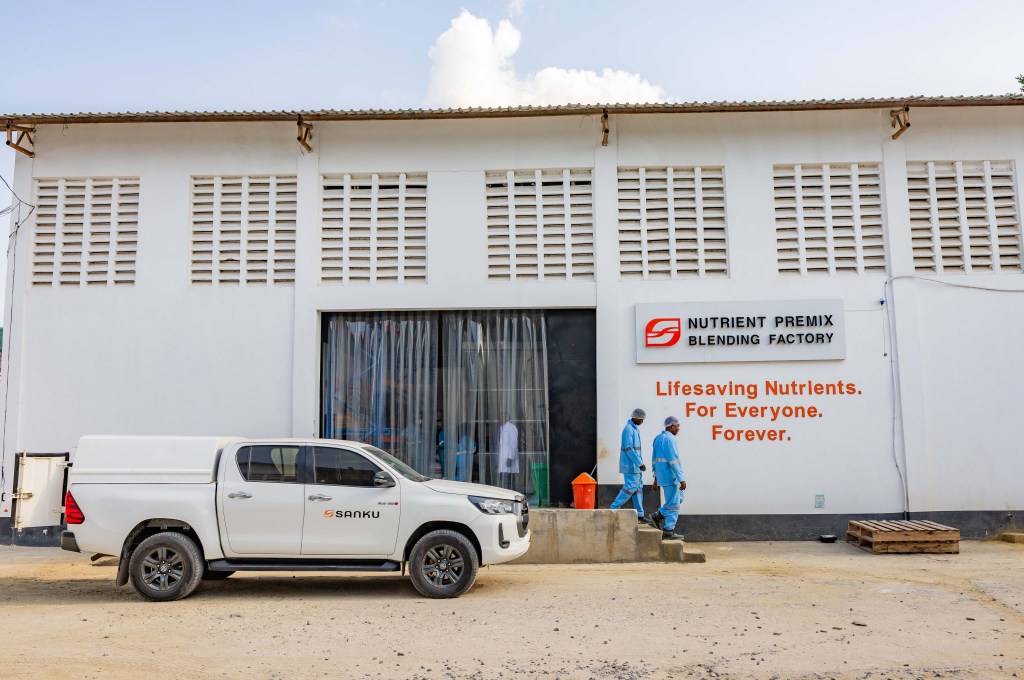
What started as a four-month volunteer trip turned into four years. Over time, he saw that the root problem wasn’t just access to food, it was the lack of nutrients. “I felt like I was treating the problem, not preventing it,” Brooks-church says.
The Dosifier was built out of that philosophy. The machine looks unremarkable, but it does something that even the biggest food programs struggle to do: deliver accurate, automated micronutrient dosing at scale, and track it remotely. It’s compact, roughly 23 kilograms, and straps directly onto a local flour mill. Once installed, it adds a precise mix of powdered nutrients to grain as it’s being milled, transforming a basic food staple into a nutritional lifeline.
“We wanted to build something extremely simple and very low cost. Initially, we were naïve, we thought we could build it for under $100,” he said. “It ended up closer to $1,500. But it’s fully automated, doesn’t rely on the miller, it can be strapped to a motorbike and links to the nearest cell tower so that we can track production remotely.”
Brooks-church describes the machine as one of Sanku’s “special sauces.”

Sanku’s impact is built on more than just technology, it’s also an economic model, he says. They subsidise the cost of fortification by adding a tiny margin to the empty flour bags millers’ use to pack their flour sold alongside the Dosifier.
“We make the nutrition ‘free’ for the miller,” he says. “That way, we avoid passing the cost onto the people who can least afford it, often living on less than $1 day.”
That model makes it scalable, but also fragile. Inflation, conflict, and grain shortages all pose serious risks. “We’ve driven the cost per person down from over a dollar a few years ago to about 19 cents currently. But we want to get that to zero in a couple of years,” he says.
Rolex support
Recognition has helped. Brooks-church is a Rolex Awards Laureate, selected in 2021 as part of the brand’s Perpetual Planet Initiative. The partnership with Rolex has gone beyond visibility.
“They recently gave us additional support to enter Ethiopia about six months ago and because of Rolex’s initial investment in support of Sanku, we’re now reaching 4.5 million people in Ethiopia. And this is a country where kids die every single day, so these partnerships literally save lives,” he says.

The Perpetual Planet Initiative has also connected Brooks-church to a global network of other scientists and innovators. “I go to Geneva once or twice a year. The people who work for Rolex, they really care,” he says.
Keep it simple
Brooks-church says the simplicity of the Dosifier is the key to its success, and also its biggest risk.
“We have a really strong Board of Directors. And at every Board meeting, they say the same thing: ‘Felix, just keep it simple.’ Simple things are scalable.”
The temptation to expand, to go into new countries, to add new features, to chase new technology, is constant. But he says focus is more important. “My job is to say no. To keep the team laser-focused on the mission.”
There is no hubris here. Brooks-church knows Sanku is still only reaching a fraction of those in need. “Malnutrition is a two-billion-person problem,” he says. “We’re proud of our reach, but we’re not even close to done.”
As for the long-term impact, that takes time.
“You can’t start fortifying and then come back a couple of months later and say, have we reduced stunting or are the kids taller? But we are getting positive anecdotal evidence,” he says. “We’re starting to hear from mothers that their kids are getting sick less often. That they’re going to hospital less and spending less money on healthcare because of this good intervention.”
This article is part of Forbes Australia’s editorial partnership with Rolex through the Perpetual Planet Initiative, which supports scientists and explorers finding real-world solutions to Earth’s most pressing challenges.
Learn more at https://www.rolex.com/perpetual-initiatives/perpetual-planet
Look back on the week that was with hand-picked articles from Australia and around the world. Sign up to the Forbes Australia newsletter here or become a member here.
